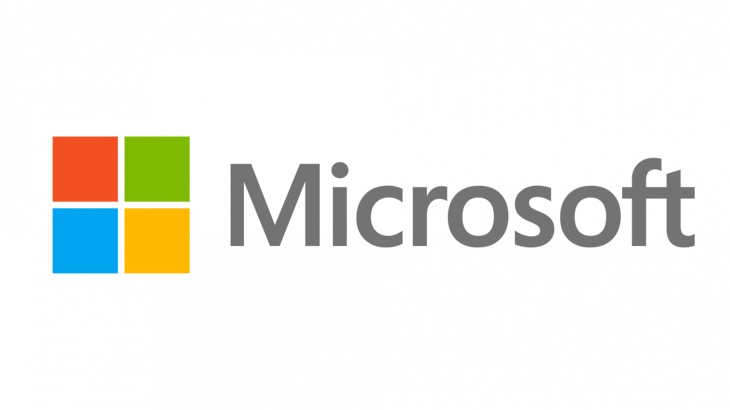
"Constellation and Microsoft have been working collaboratively for several years to pioneer this technology, so it is fitting that Microsoft is one of our first hourly CFE matching customers," said Constellation Executive Vice-President and Chief Commercial Officer Jim McHugh. "We are confident this agreement will demonstrate the value and impact of hourly matching in the fight to address the climate crisis."
Last year, Constellation announced it was collaborating with Microsoft on the development of an energy matching technology using real-time, data-driven carbon accounting solution and hour-by-hour regional tracking to match customer needs with local carbon-free energy sources.
US companies have used renewable energy certificates - or RECs - to reduce their emissions by matching their energy use with non-emitting sources. However, annualised RECs do not ensure the energy being used by a customer is actually carbon-free at the point in time it is being used, according to Constellation, meaning companies were still reliant on fossil fuel-generated electricity and making it difficult to achieve carbon reduction goals.
Matching a customer's electricity needs with regional, clean, carbon-free energy, when and where it is needed is a "game-changing approach" to clean energy procurement, according to Constellation.
"Microsoft is proud to offer technology that enables other climate conscious companies to also reduce their carbon footprint," said Adrian Anderson, general manager of renewable and carbon free energy at Microsoft. "Our collaboration with Constellation makes real-time matching of regional clean power generation and demand available to all companies that want to advance the energy transition."
Some 60% of the capacity of Constellation's diverse 32,400 MWe generating fleet - and more than 86% of its output - comes from nuclear. The company says it produces 10% of all clean power on the US grid, and is the USA's largest producer of carbon-free energy.